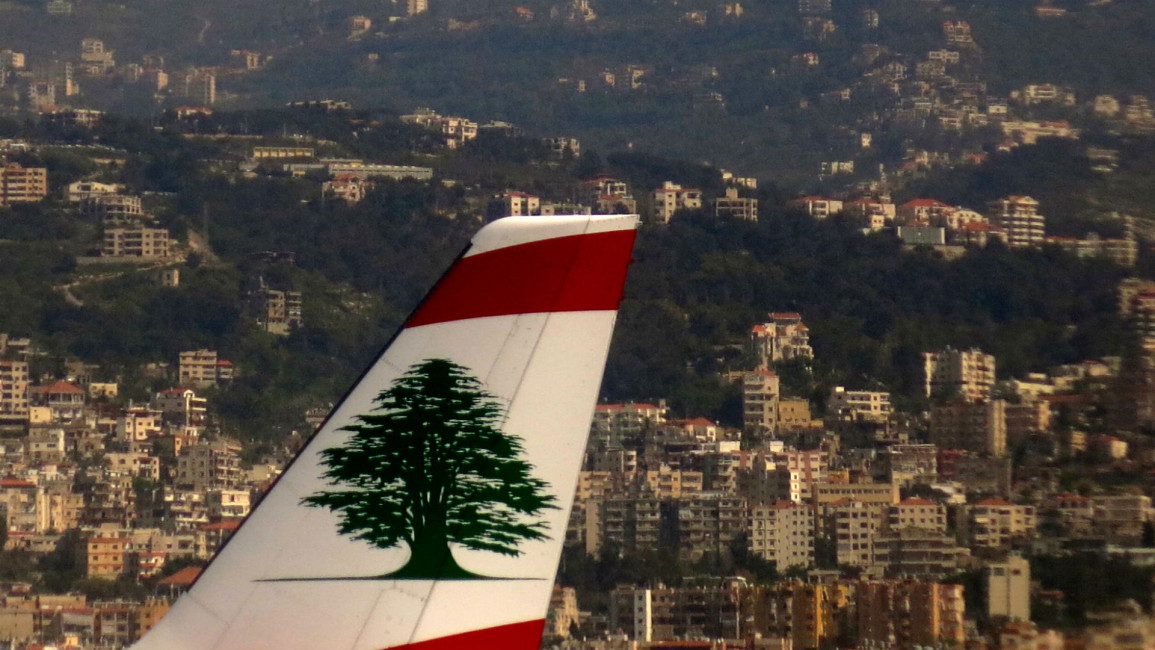Lebanese national carrier scraps plan to accept only US dollars
Crisis-hit Lebanon's national carrier on Sunday said it was scrapping plans to only accept payments in US dollars, a decision that had earlier sparked anger among Lebanese.
Lebanon is in the throes of an economic meltdown and a biting liquidity crunch that has seen the local currency depreciate on the parallel market and banks impose stringent controls on withdrawals and transfers abroad.
Earlier Sunday the state-run National News Agency reported that "from Monday, Middle East (Airlines) and other airline companies operating in Lebanon will only accept payments in US dollars".
Following the announcement, dozens of customers crowded the Middle East Airlines (MEA) offices at Beirut airport - the only one open Sunday - hoping to purchase tickets in Lebanese pounds, images broadcast on local TV showed.
The decision also triggered an angry backlash online.
"MEA: A national airline that does not accept payment in its own national currency. Logic redefined," one Twitter user wrote.
Another posted in response to the news: "Middle East (MEA) belongs to the Lebanese state, it's a flagrant violation of the law. We're not heading for collapse, we're in the middle of it."
Hours later the MEA, which is majority-owned by the Lebanese state and administrated by the country's central bank, reversed the controversial decision.
Read more: Lebanon cabinet approves economic plan despite protesters' misgivings
"At the request of Prime Minister Hassan Diab, the management of MEA has decided to cancel its decision to sell tickets only in dollars tickets," said a statement published by local media.
The Lebanese pound has been officially pegged at 1,507 pounds to the US dollar since 1997, and the two currencies are used interchangeably in the small Middle Eastern country.
But in recent months, the pound has plunged against the greenback on the parallel exchange market.
Informal currency controls imposed since late last year have caused public outrage in the protest-hit country, where an anti-government popular movement launched on October 17 has grown increasingly angry at banking policies.
Major banks in Lebanon began tightening banking controls this month, halving the amount of dollars depositors are allowed to withdraw every month.
The central bank chief said in January that he agreed with money exchange houses capping the parallel rate at 2,000, but the price of dollars at some exchanges continues to rise.
Follow us on Twitter and Instagram to stay connected



